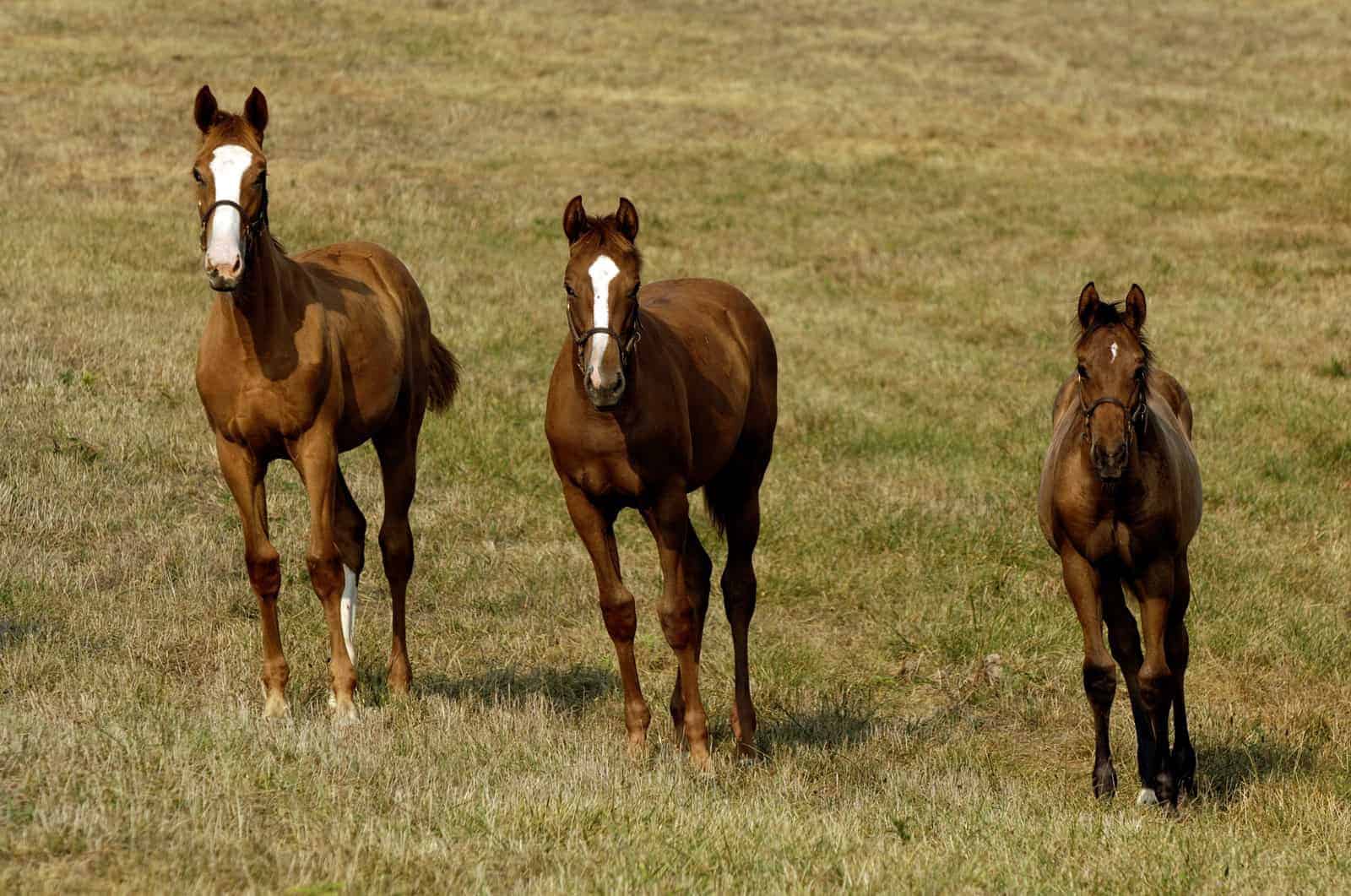L. intracellularis Infection, Risk Evaluated

Equine proliferative enteropathy is a disease of foals that causes hyperplasia, or thickening of the walls of the intestinal tract. L. intracellularis mainly affects weanlings and causes anorexia, rapid weight loss, fever, depression, a rough hair coat, throat latch and ventral edema (fluid swelling), colic, and diarrhea.
In most cases if caught early, L. intracellularis infection is not fatal; however, it might take a couple of months for affected foals to catch up to others in body condition. In rare instances, veterinarians have diagnosed EPE cases and treated them appropriately, yet the foals die as a result of cell injury or death of cell tissue in the intestinal tract.
In a recent study, Page and David Horohov, PhD, Jes E. and Clementine M. Schlaikjer Endowed Chair at the Gluck Equine Research Center, Interim Chair of the Department of Veterinary Science, and Interim Director of the Gluck Equine Research Center, found that colts were at a significantly higher risk than fillies for developing EPE. However, numerous cases were reported in fillies as well. The study also showed that foals who were weaned after August were at lower risk for developing EPE than earlier weanlings
Create a free account with TheHorse.com to view this content.
TheHorse.com is home to thousands of free articles about horse health care. In order to access some of our exclusive free content, you must be signed into TheHorse.com.
Start your free account today!
Already have an account?
and continue reading.
Written by:
University of Kentucky College of Agriculture, Food and Environment
Related Articles
Stay on top of the most recent Horse Health news with



















